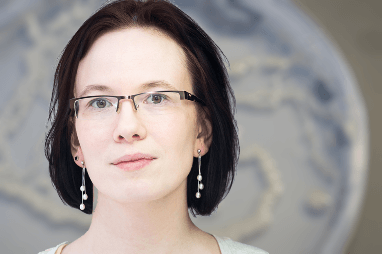Second competition for the leader of a new research team in Action I.3.4 has been finalized!

15 10 2021
The team working in the area of “Background, epidemiology, diagnostics and new treatment methods for civilization diseases” will be led by Dr Anna Malik. She will conduct research on the molecular mechanism of the neurological civilisation diseases, such as Alzheimer’s disease, certain types of cancer, and strokes. Her group will be established in the Faculty of Biology, University of Warsaw.
In the competition, we received applications from 20 candidates, but only 11 met the formal conditions (submission of a complete set of documents, at least 2 years of professional postdoctoral experience). Among these 11 candidates there were 2 scientists from abroad and 9 from Poland, 6 men and 5 women.
The winner of the competition, Dr Anna Malik, has been interested in neurobiology from the very beginning of her scientific career. She obtained the master’s degree in 2007 in the Faculty of Pharmacy, Medical University of Warsaw in cooperation with the Mossakowski Medical Research Centre PAS. Her research focused on the molecular mechanism of Alzheimer’s disease. She obtained the doctoral degree in 2012 in the Nencki Institute of Experimental Biology PAS in cooperation with the International Institute of Molecular and Cell Biology in Warsaw for research on mTOR-dependent signalling pathways in neurons. Then she spent 3 years on a postdoctoral training in the International Institute of Molecular and Cell Biology in Warsaw and 4 years on a postdoctoral training in the Max Delbruck Center for Molecular Medicine in Berlin. Since returning to Poland, she has been working in the Nencki Institute of Experimental Biology PAS, carrying out the Homing grant of the Foundation for Polish Science. She is a co-author of 17 scientific publications and a beneficiary of 3 grant programmes (from the Foundation for Polish Science and the National Science Centre).
The competition committee appreciated the international experience of Dr Malik, as well as her excellent scientific background, which together ensure that she will be able to create a network of new and effective scientific collaborations. The research approach of Dr Malik, combining in vivo, in vitro and in silico analysis techniques, has also gained recognition, as it provides a chance for a comprehensive understanding of the molecular mechanisms underlying the influence of various civilization diseases on the brain.